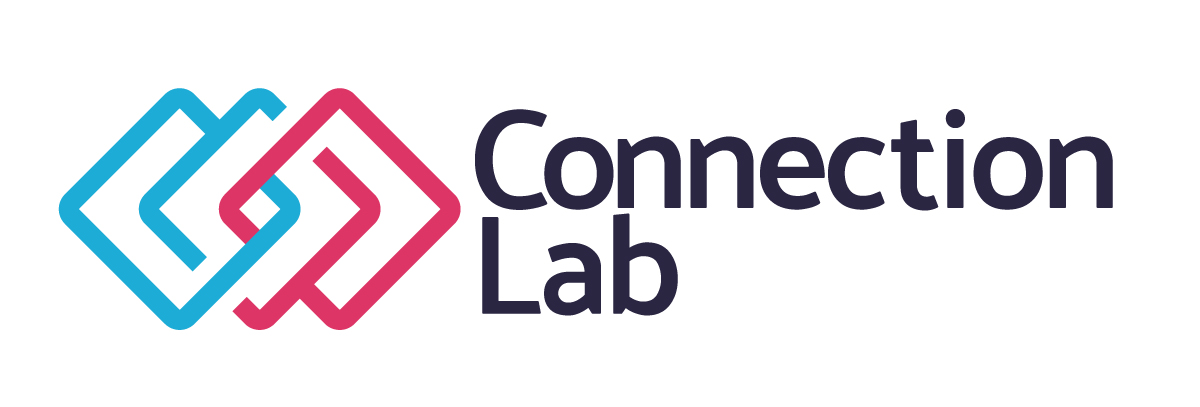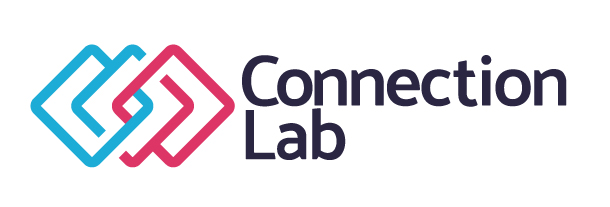Over the years I have taken a variety of personality tests. While each test had a slightly different focus, the goal of these surveys are to measure and reveal our optimal life path and career choices. Hurrah!
During one of these assessments, a fellow participant complained that she has been doing these tests for years and the results were always the same. She felt deflated that these tests did not reflect her own personal and leadership development she has experienced running her own successful business. Are we forever the same?
It was a valid complaint. Many of us are well aware of our character traits, including our weaknesses — we are perhaps not numbers people, more left brain than right, good with strategy, but not with people, prefer relying on emotion over analysis. And, so, we seek self-improvement because there are times when we have to wear different hats and must take on our weakness and turn them into strengths. We take accounting classes, speaker development programs, health and wellness initiatives….
A recent NPR podcast with Shankar Vedantam’s the Hidden Brain called the Sorting Hat: What Can A Personality Test Tell Us About Who We Are? delves into the multi-billion dollar personality test business — the pros and cons of their uses such as the MBTI, the Culture Index and the Big Five. And, even, Harry Potter’s Sorting Hat has become a favorite way to determine personality traits among adults and children alike.
Shankar explains, “There is something appealing about the sorting hat…it knows people better than they know themselves.” The Sorting Hat is able to peer into the brain of the characters and determine his and her potential and place them in the House to which house the character belongs. As we discover in the Harry Potter series, the Sorting Hat is a window into our identity and knows where you belong based on your personality strengths.
On the one hand, it is great to have some certainty and prediction of our potential. On the other hand, when companies try to quantify and make development transactional – you can mis-identify and undermine capabilities.
The Zen Master Shunryu Suzuki tells the story called Horse Sense:
There are four kinds of horses — an excellent one, and not so good ones, and bad horse. The best horse will run before it sees the shadow of the whip. That is the best one. The second one will run just before the whip reaches his skin. The third one will run when it feels pain on his body. The fourth one will run after the pain penetrates into the marrow of his bone. That is the worst one. When we hear this story, perhaps everyone wants to be a good horse — the best horse. So I think that sometimes the best horse may be the worst horse, and the worst horse can be the best one. In having more difficulties, you will find more meaning and understanding. If you study calligraphy, usually those who are not so clever will become best calligraphers, and those who are very clever at his hand will find great difficulty to attain excellent calligraphy. In continuous practice, under a succession of agreeable and disagreeable situations, you will realize the marrow of Zen and acquire its true strength. — Shunryu Suzuki Roshi
What if our weakness and not our natural talents and strengths are the best identifiers of our potential? At Connection Lab we believe we are all great communicators, it is only with experience and practice that this can be discovered.
Shankar Vedantam’s podcast the Sorting Hat makes the same discovery when Shankar also describes a positive effect of the predicative power of the Chinese Zodiac. In China, the Year of the Dragon is the best year for greatness of your child. Children born in the Year of the Dragon are 14 % more likely to get a higher degree; they have higher self-esteem and out perform other students born in other years.
Shankar explains, the expectation of success for Dragon Children is so resolute, it becomes a self–fulfilling prophesy.
And, in Harry Potter, uncharacteristically the Sorting Hat takes a long time to determine the correct House for Neville Longbottom. Neville is placed in the Griffindor House with Harry Potter, Hermione Granger, and Ronald Weasley and eventually to everyone’s surprise the shy and clumsy Neville becomes an important character. The question is, “Does the Hat put you in the house to which you belong, or do you become the House that the Hat puts you in?”
This is ontological thinking; the nature of being and becoming. The concept behind ontology refers to how transformations in our perceptions and attitudes can result in the removal of significant barriers to learning and the spontaneous development of more effective patterns of communication and behavior…earning a higher degree, taking the podium, running a successful business, and even Neville, the shy, clumsy introvert becoming a hero.
Let’s re-assess the personality surveys and re-imagine the power of expectations — when the worst horse is the best choice, the unlikely hero rises to the expectations of the House he is placed, the Dragon children out-perform all others, and the introvert takes the stage.
Prediction and quantifying our personalities can be very satisfying. But, maybe, rather than asking where do I belong, ask, what do I want to get better at? Try on a different Hat.
Listen to Hidden Brain Podcast:

